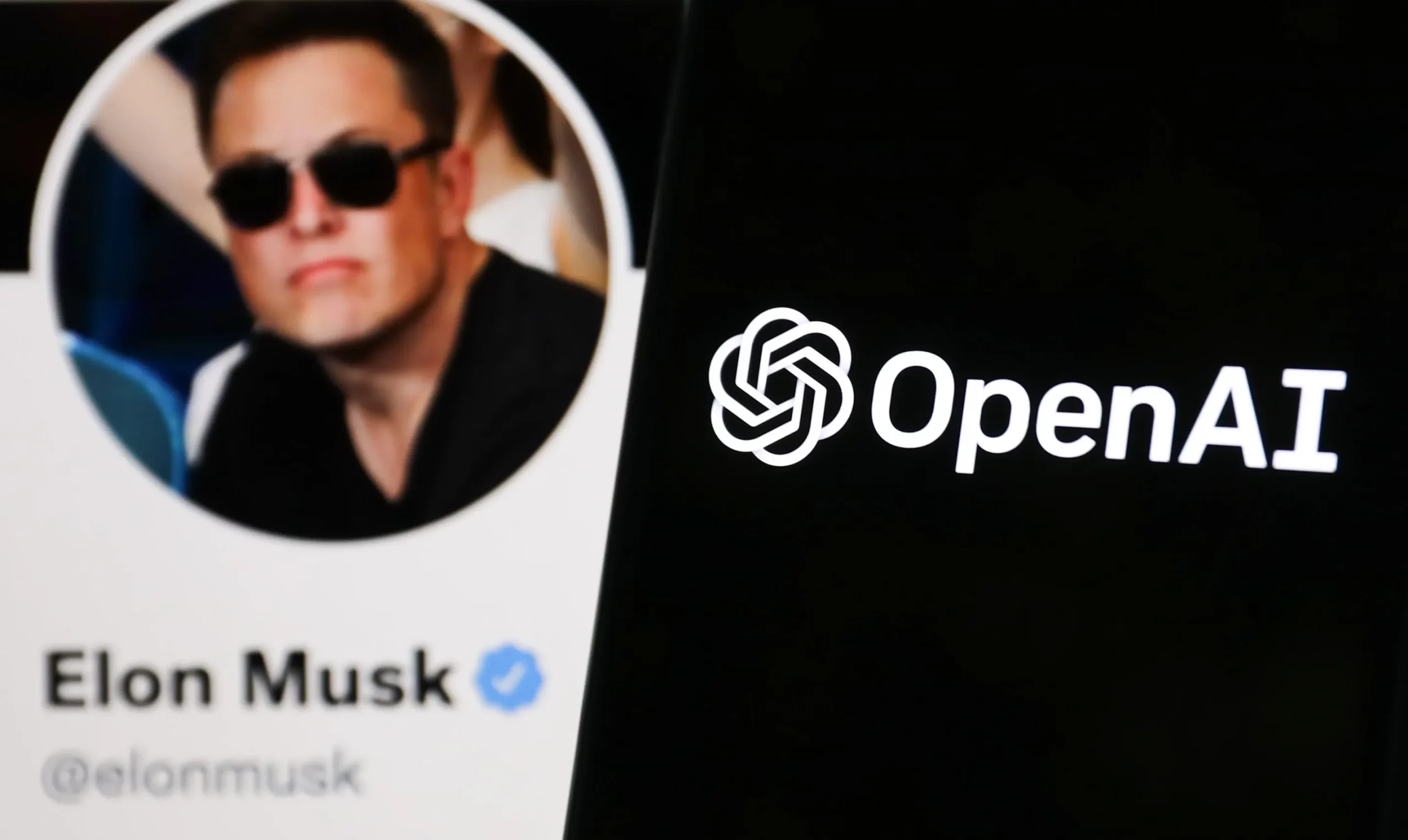Elon Musk is creating waves with the anticipated launch of Grok
In the tech world, Elon Musk is creating waves with the anticipated launch of Grok, his ChatGPT competitor. Grok, fashioned after Musk’s online persona, presents concerns about biases and a humor style that mirrors the controversial figure himself.
The risks associated with Grok extend beyond the usual challenges of LLM-based AI, such as hallucinations and inaccuracies. Musk’s recent controversial actions and opinions add an extra layer of worry. However, the true danger lies in the broader impact of widespread LLM usage, particularly in the realm of user-generated content.
Already, companies are incorporating AI into their platforms, from Artifact’s AI-generated thumbnails to Meta’s integration of chatbots. Elon Musk plans to introduce Grok as a premium feature on X, hoping to attract subscribers to the more expensive tier. The concern deepens as X, once a reliable platform, has fallen in credibility over time.
The real threat isn’t just a misinformed chatbot on a platform criticized for its bot infestation; it’s the potential dominance of Musk’s AI in shaping discourse. The danger grows if other wealthy influencers follow suit. Musk’s unique ability to influence a loyal following pales in comparison to an LLM capable of generating and disseminating opinions with unprecedented speed and authenticity.
The masses, who hold numerical superiority over billionaires, currently have an advantage due to their sheer numbers. However, LLM-based chatbots could disrupt this balance, drowning out genuine voices with artificial ones indistinguishable from humans. This shift threatens the very essence of popular opinion, empowering the wealthy elite to manipulate public perception with seemingly genuine numbers.
As we witness the rise of LLM-powered chatbots, there is a genuine concern that demagogues may leverage these tools to substantiate false narratives, eroding the authenticity of public discourse.









